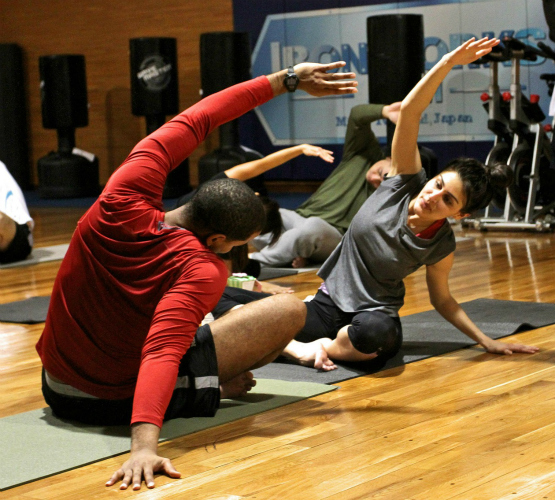Common in both men and women
A hernia, sometimes detected as a bulge under the skin, can cause little to no discomfort at all. Or, there may be pain associated with lifting heavy objects, a cough or strain during a bowel movement. Continuous discomfort, pain and worsening symptoms of nausea or redness in the area may be a result of a hernia strangulation, which is a serious condition requiring immediate medical attention.
Whether or not a symptom of hernia is cause for concern, we can help you determine the best course of management and treatment. A hernia will not repair itself, therefore, all hernias should be assessed by a qualified physician.
Ventral (Incisional) Hernia
A ventral, or incisional hernia results from a tear in the muscles of the abdominal wall, allowing a portion of the intestine to squeeze through and bulge. The bulge may or may not be noticeable. It can develop from a previous surgery where an incision can result in a weakening of the surrounding tissue. When the intestine becomes trapped (or incarcerated) in the surrounding muscle, it can lead to serious or life threatening consequences. More information about repairing an Abdominal-Ventral Hernia
Giant Abdominal Wall Hernia
A ‘giant abdominal wall hernia’ can develop from a long-standing ventral (incisional) hernia. It can also result from a recurring hernia in the same area. A large hernia such as this may include multiple loops of intestines to reside within the hernia sac. Symptoms may include severe back pain, unsightly bulges and even immobility.


